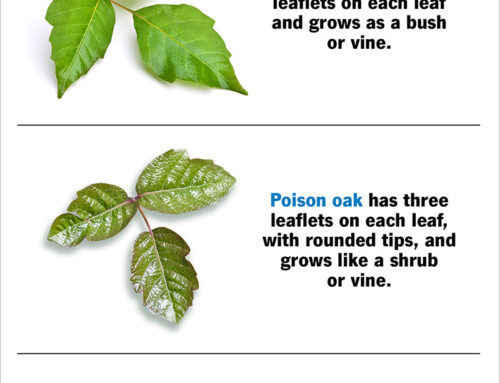If only we could develop a pill form of gratitude. There havebeen numerous studies supporting the strong relationship between gratitude and happiness and the reverse relationships between gratitude and depression and between gratitude and anxiety. In fact, a study conducted in 2021 the School of Psychology at the University of New England in Australia found that gratitude enhances happiness, life satisfaction, flourishing, resilience, positive effect, and get this, even meaningful work. Also, there has been some research particularly that from the proponents of Positive Psychology that gratitude is one of the common characteristics of people who live longer lives.
How can we take advantage of the power of gratitude? Since we have not learned how to put gratitude in a pill form what can we do? I am not suggesting being pollyannish and living life as if everything is good and rosy. Hardships and heartbreaks happen all the time. Rather than deny the struggles we experience, acknowledge and be with them but don’t shack up with them. When we are down and out it is a challenge to be grateful for anything, but it can be helpful to learn how to develop a thankful mindset.
One of the most enjoyable courses I taught at Drury University was Positive Psychology. I absolutely loved the homework assignments I gave my students. One of the assignments required the students to keep a gratitude journal for two weeks. Every day the student would write down three things for which they were grateful and why and then they would report their findings during class discussion. I recommend this practice to anyone who would like to cultivate a grateful heart. One of my favorite assignments was to have each student write a gratitude letter to someone who had an impact upon their life. The letter should include specific experiences and reasons for how that person had a positive influence upon their life. Once the letter was completed, the student was to personally read the letter to the recipient. There were no small number of tears shed when the students shared their experiences in class.
It takes time and work to develop a mindset of gratitude, but it is well worth it. Be aware of the possible side effects such as:
It is free. Why not give it a try?






